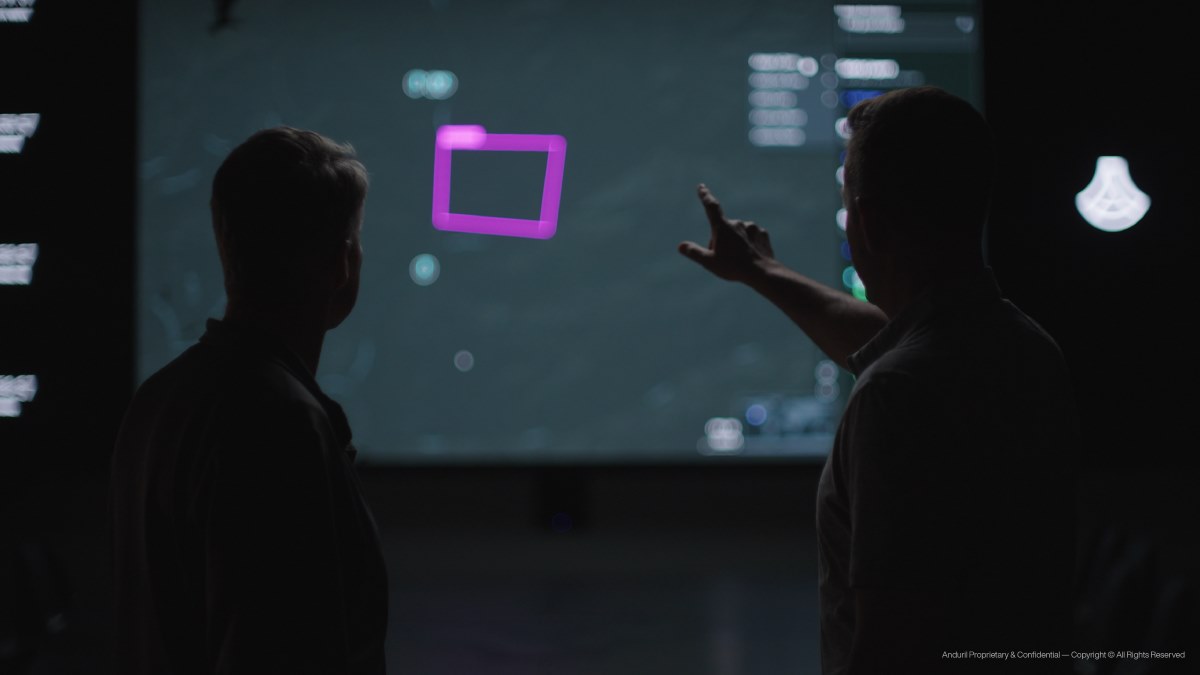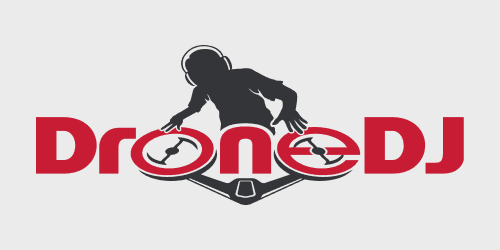
OpenAI, the company behind ChatGPT, is taking a bold step into drone defense technology by partnering with Anduril Industries. This collaboration will focus on integrating artificial intelligence (AI) with national security by developing advanced counter-drone systems (C-UAS) to protect US and allied forces from evolving drone threats.
Anduril, known for its high-performance defense systems, brings its expertise in counter-drone technology and the Lattice software platform to the table. OpenAI, on the other hand, offers its frontier AI models like GPT-4 to analyze and respond to aerial threats in real-time. Together, they aim to enhance situational awareness, reduce the workload on human operators, and deliver rapid, accurate threat responses.
“OpenAI builds AI to benefit as many people as possible, and supports US-led efforts to ensure the technology upholds democratic values,” says OpenAI CEO Sam Altman.
Brian Schimpf, CEO of Anduril, echoes this sentiment, emphasizing the partnership’s goal to bridge critical gaps in air defense capabilities.
It’s important to note that this partnership comes amid a global AI arms race, with the US striving to maintain its technological edge against competitors like China. By leveraging AI for defense, OpenAI and Anduril can provide US and allied forces with superior tools to counteract drone threats that might pose risks to infrastructure and lives.
New: Game over for DJI, Autel drones in US?
The collaboration also highlights a shift in Silicon Valley’s attitude toward military partnerships. Once hesitant to engage with defense projects, tech giants like Google, Microsoft, and OpenAI are now entering the fray, driven by the need to ensure democratic governments stay at the forefront of AI development and deployment.
That said, not everyone is on board with OpenAI’s pivot into defense. Internally, some employees have raised ethical concerns about the militarization of AI. Discussions on OpenAI’s internal forums have revealed apprehensions about the potential misuse of AI technologies and the company’s reputation.
Critics argue that even “defensive” systems like those designed for counter-drone systems could blur the line between protecting lives and enabling military operations. Some employees have drawn parallels to dystopian scenarios like Skynet from The Terminator.
In response, OpenAI’s leadership has sought to reassure its workforce, emphasizing the defensive nature of its partnership and its commitment to AI safety and ethics. “We are proud to help keep safe the people who risk their lives to keep our families and our country safe,” says Altman.
As OpenAI and Anduril forge ahead, the partnership serves as a test case for the intersection of AI and military applications. While the collaboration has sparked debate, its potential to save lives and enhance security could set a precedent for future tech-defense partnerships.
Read more: Spexi raises $11.5M to scale ultra-high-res drone photos library
FTC: We use income earning auto affiliate links. More.





Comments